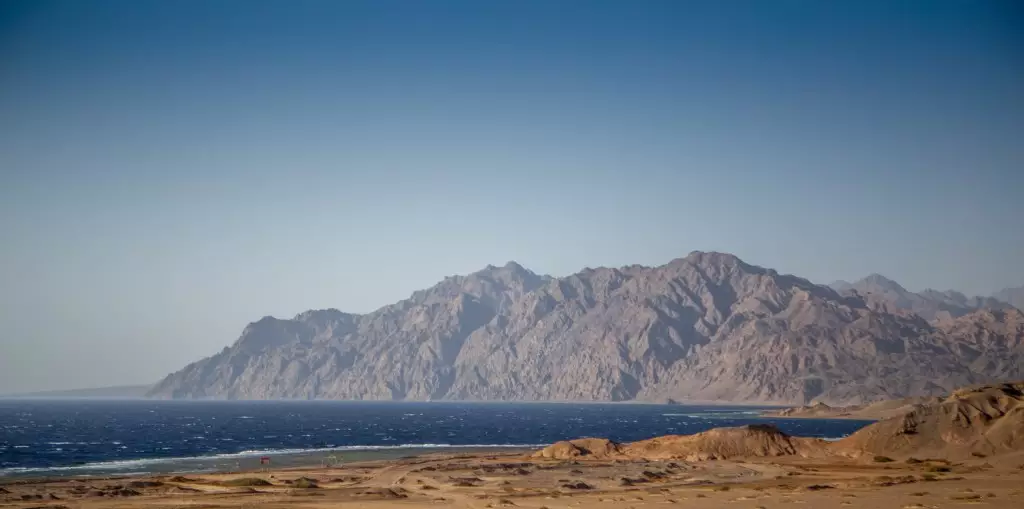Neom, a bold $500 billion project envisioned by Saudi Arabia’s Crown Prince Mohammed bin Salman, aims to reshape the economic landscape of the Kingdom by creating a futuristic city that focuses on technology, tourism, and sustainability. This audacious venture targets the northwestern province of Tabuk with ambitions to accommodate over nine million residents, offering an array of advanced urban living experiences. As the project gears up for a transformative phase, recent leadership changes raise questions about its ongoing viability.
The departure of Nadhmi Al-Nasr from his position as CEO points to an unsettling shift in Neom’s leadership structure. Al-Nasr’s resignation, announced with little fanfare, is reflective of the mounting pressures associated with steering such a monumental initiative. While the Neom board has appointed Aiman Al-Mudaifer as the Acting CEO, it remains to be seen how this change will influence the project’s trajectory, especially as it grapples with both internal challenges and external criticisms.
Hastily reshuffling leadership in a project of this magnitude may signal a lack of confidence in current strategies or a response to challenges that have emerged over time. The Naom management emphasizes that progress is still being made on key projects like The Line, Oxagon, Trojena, and luxurious coastal resorts, yet the abruptness of this change raises concerns about the project’s internal dynamics and long-term sustainability.
Neom’s ambitious plans have faced scrutiny, particularly regarding the scaling back of certain projects. Reports suggest that The Line, initially touted as a groundbreaking linear city spanning 105 miles, has now been truncated to a mere 1.9 miles. This development indicates a possible recalibration of expectations as the realities of infrastructure demands clash with grandiose ambitions.
Moreover, the project has encountered serious allegations related to the treatment of construction workers, complicating its public image as a progressive urban initiative. The resignation of Wayne Borg, head of Media Industries, amid allegations of discriminatory remarks, further clouds the project’s reputation and highlights potential governance issues within Neom’s management.
With Al-Mudaifer now at the helm, there is cautious optimism regarding his strategic experience gained through his role at the Public Investment Fund. His expertise in real estate and infrastructure may provide a more grounded approach to advancing Neom’s objectives. However, the success of this leadership transition hinges on the ability to address existing challenges while staying true to Neom’s vision of innovation and progress.
As the project continues to evolve, stakeholders will undoubtedly be watching closely to see if Neom can fulfill its promise of becoming a beacon of modernization in the region. The coming months will reveal whether this change in leadership can navigate the complexities of transforming an ambitious dream into a tangible reality.
